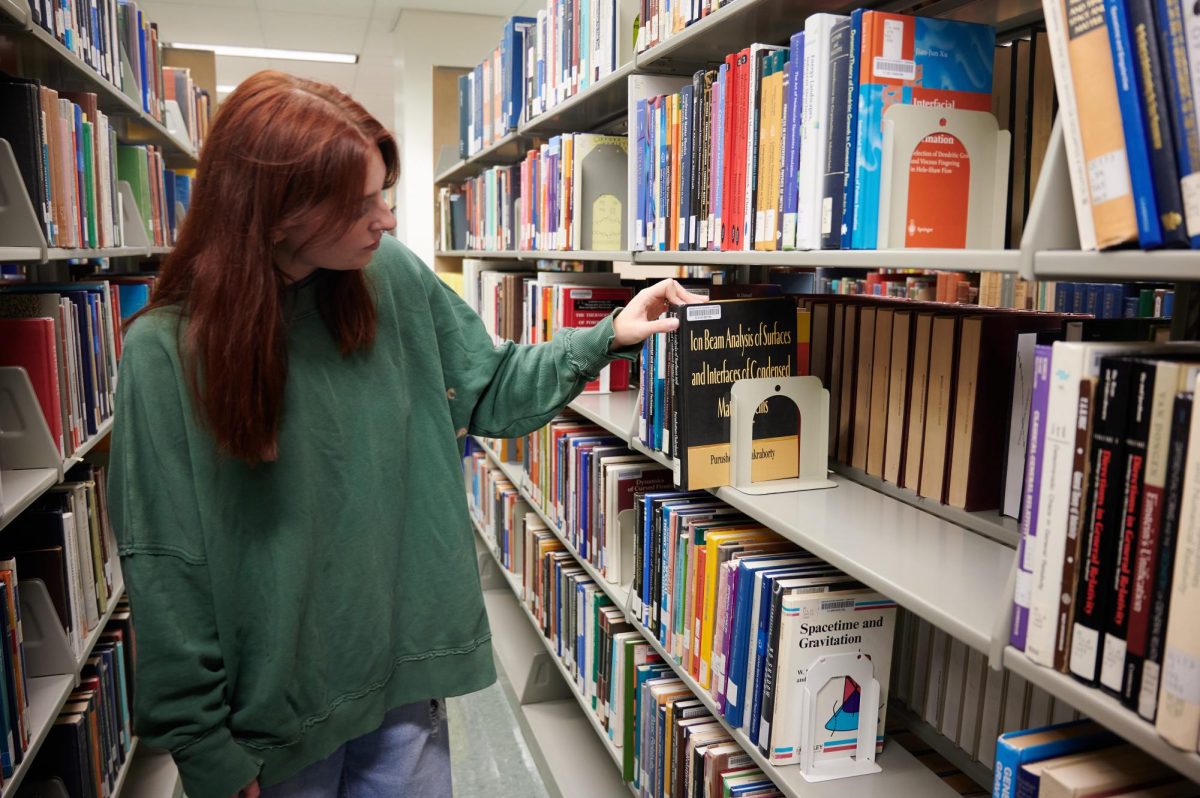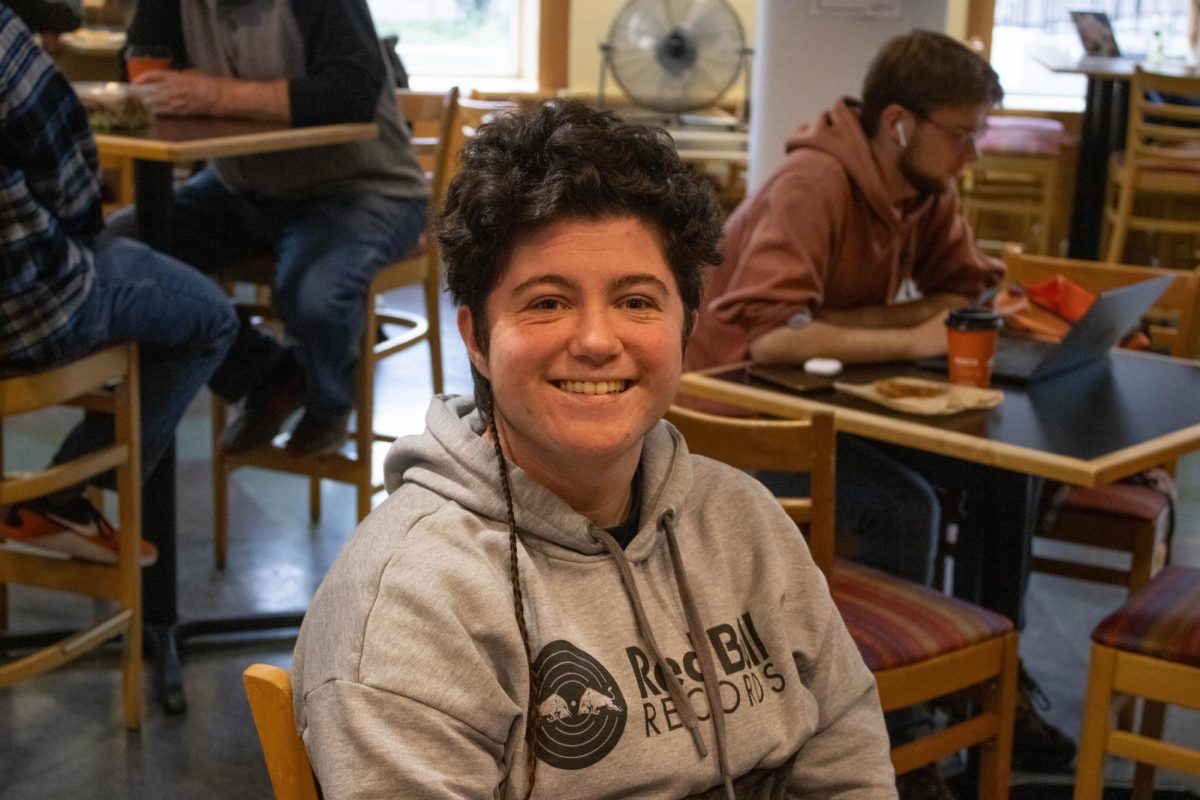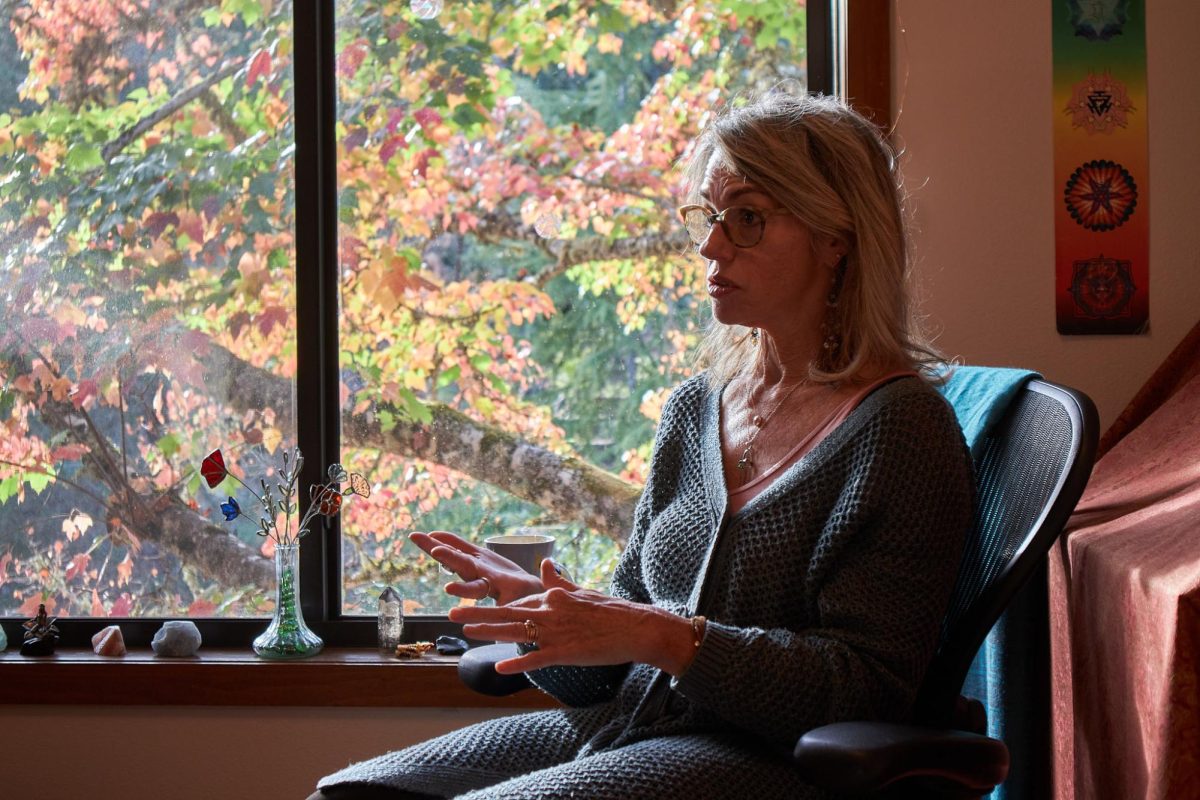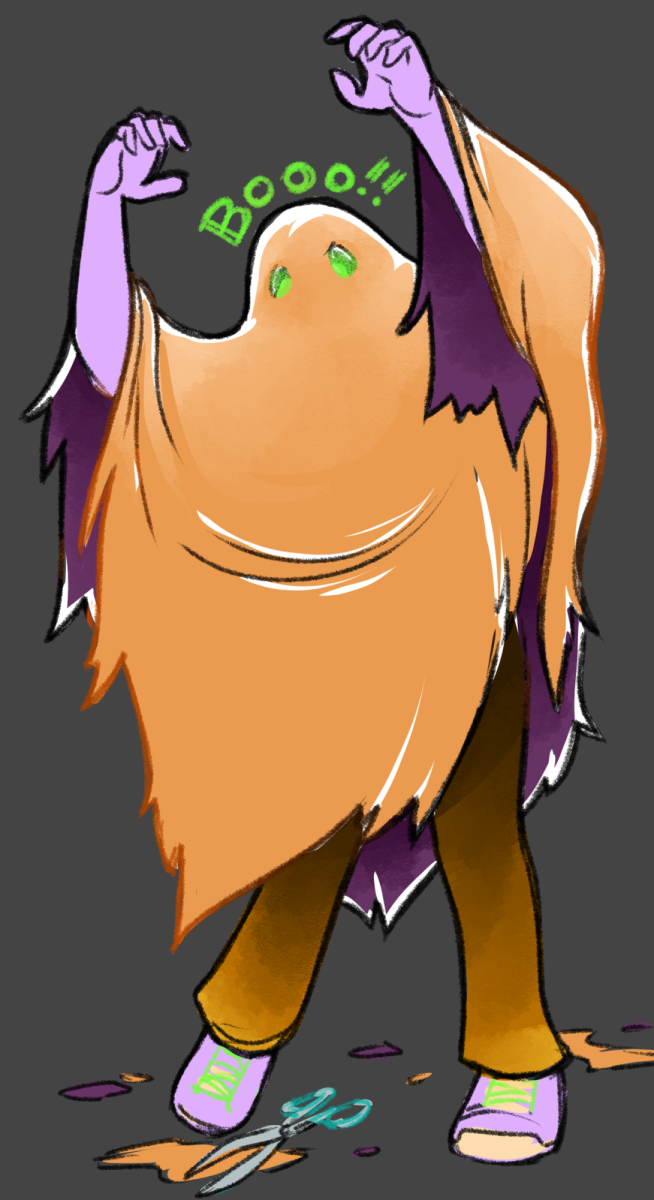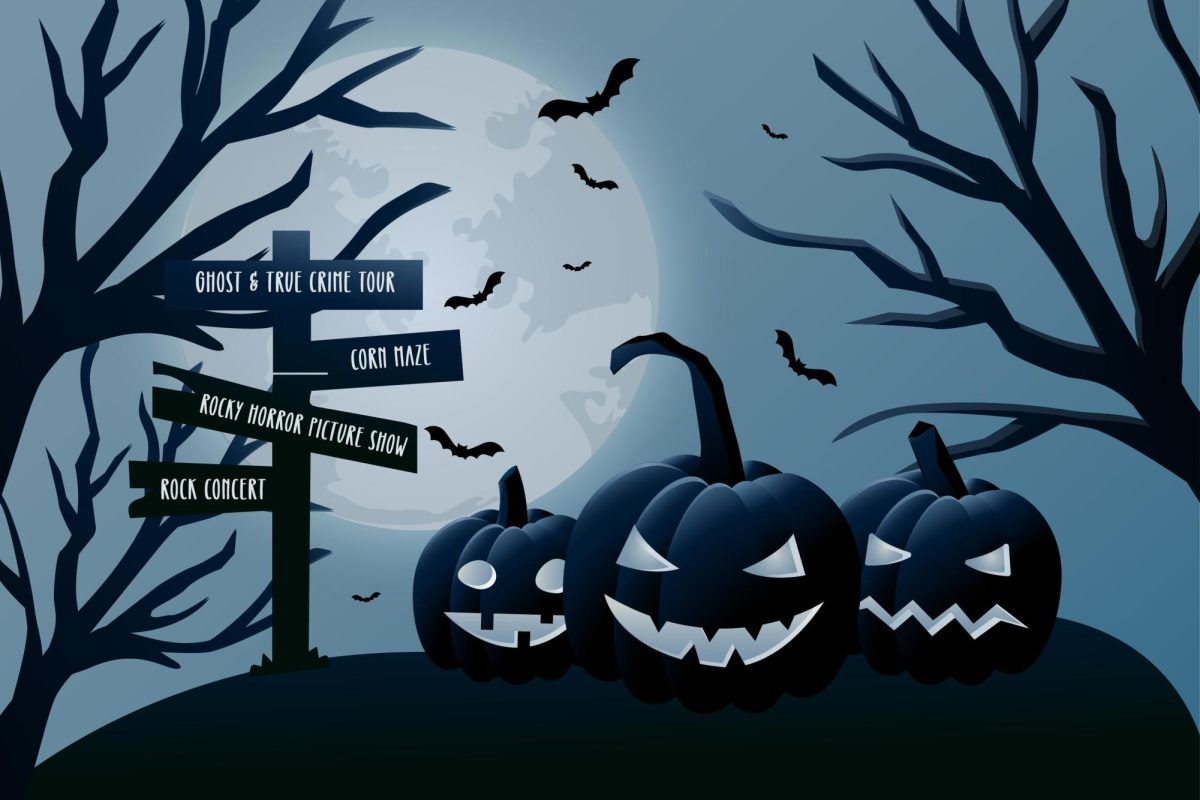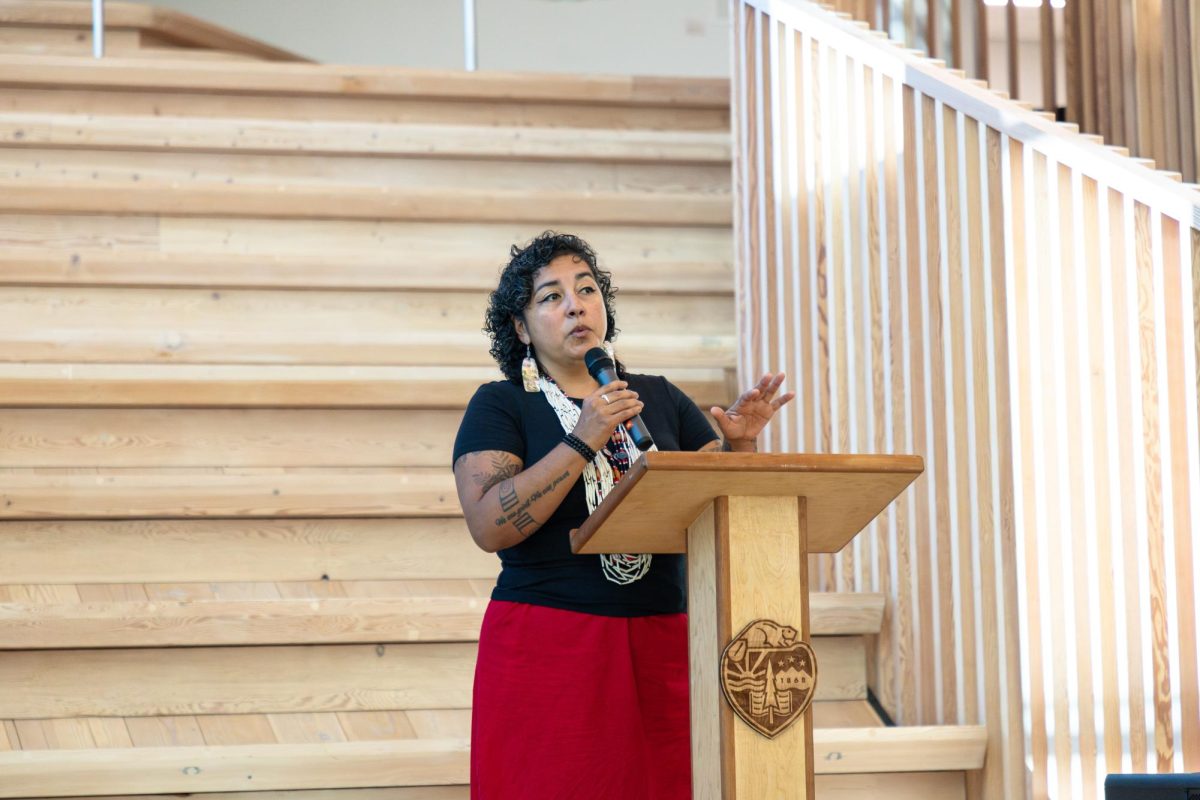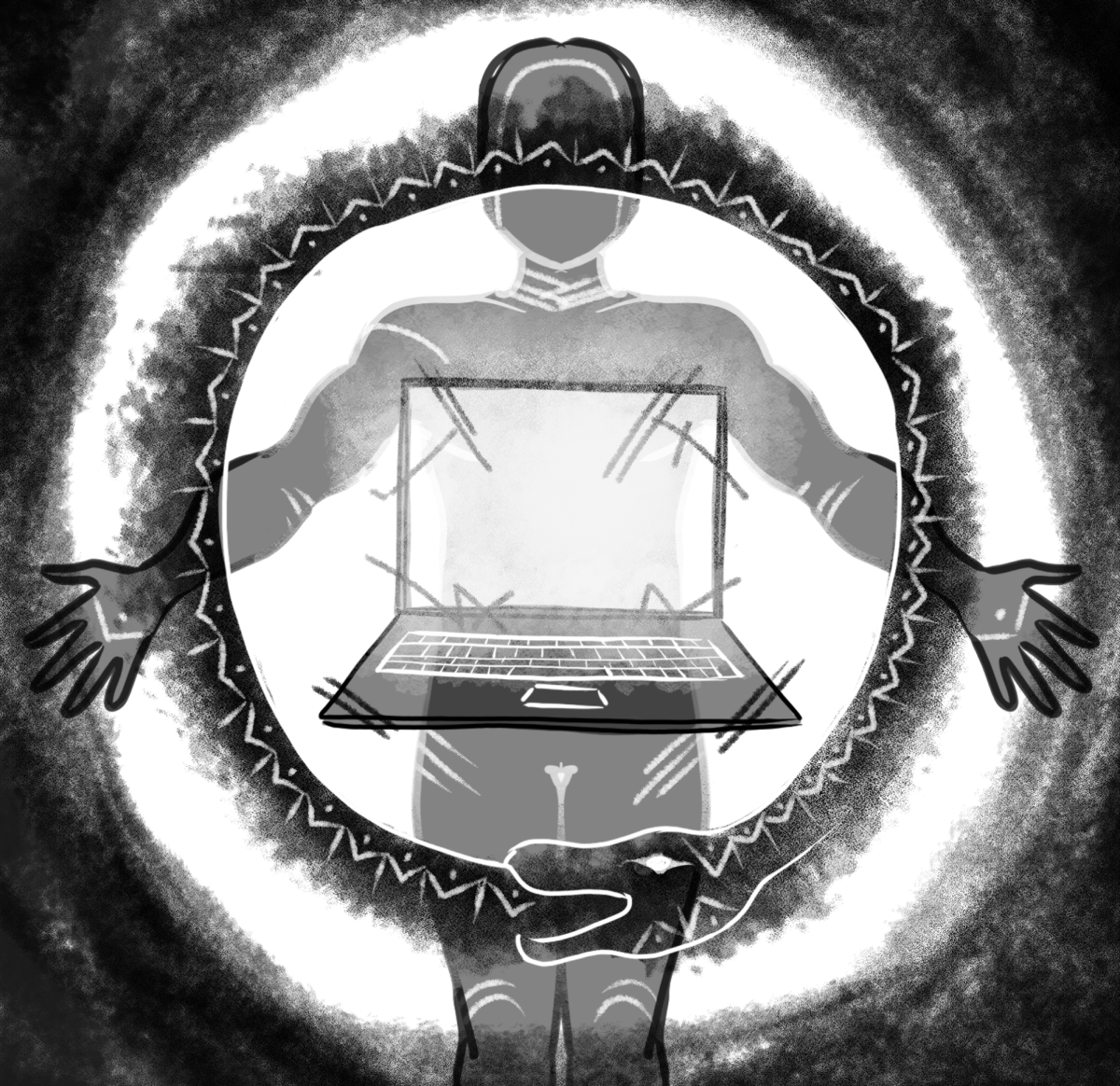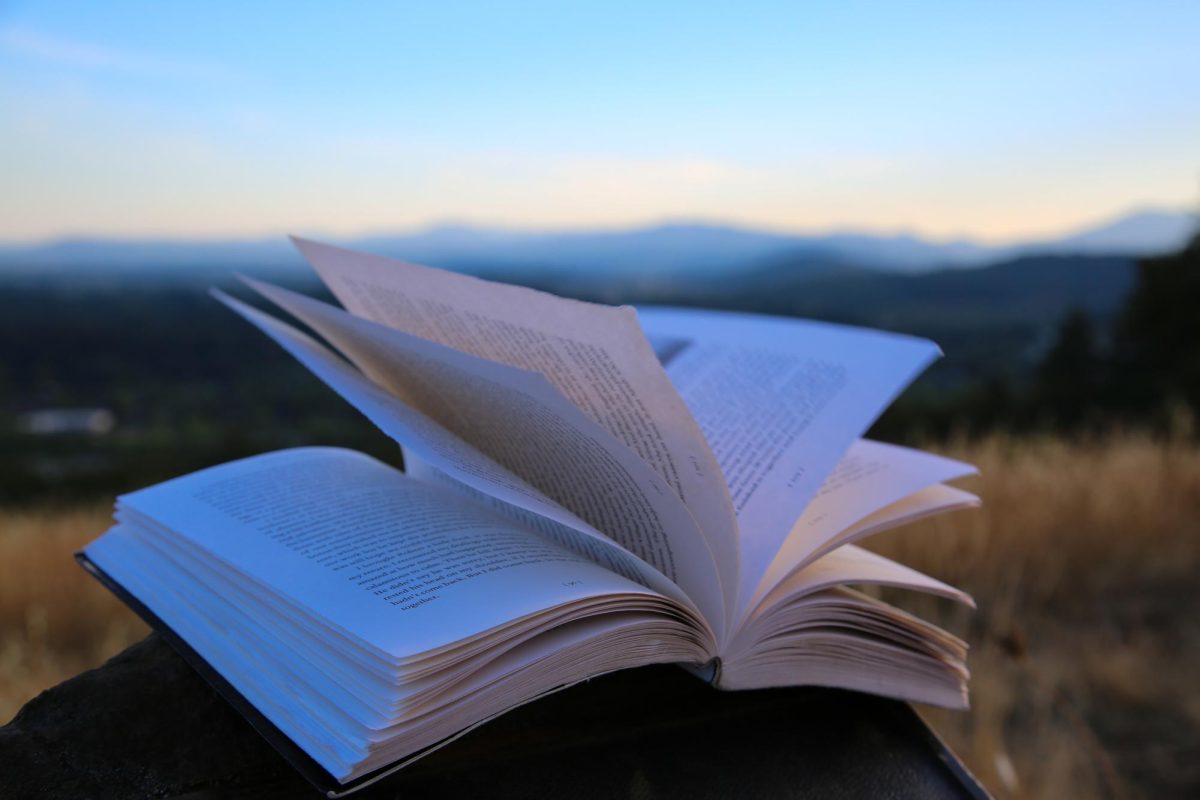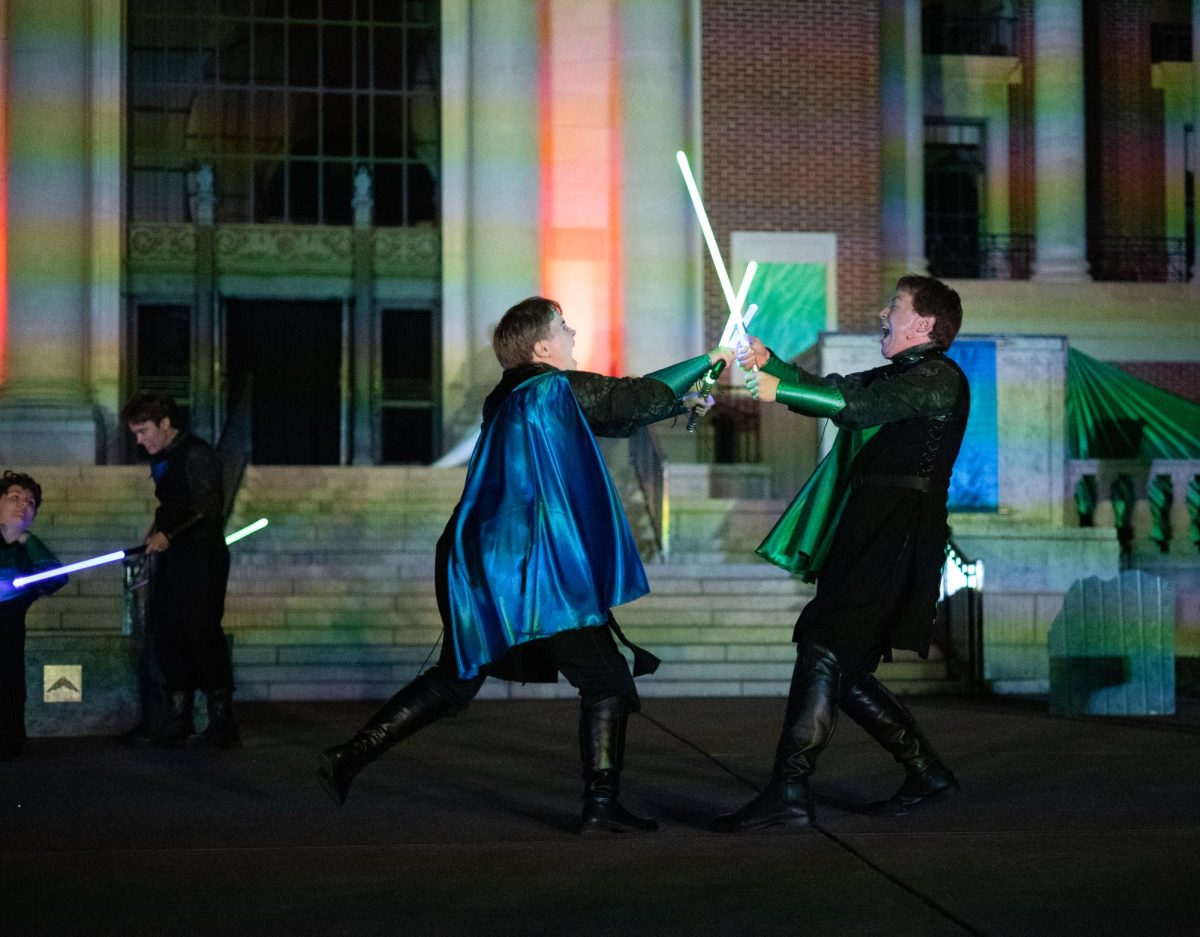In the world of literature, science writing is still a fairly young genre. Communicating science for a wider audience was not a priority in America until the 1950s, and attempting to involve an audience in the behind-the-scenes, social aspects of science is even newer.
However, science writing can be a fun way, especially for those involved in research or students of science themselves, to put their work into perspective.
Here’s a few recommendations for students of science or anyone interested from scientists themselves to renew their interest in the bigger picture of science following the tedium of midterms and maybe, prepare for finals.
Beavers Digest has compiled a list of science books from New York Times’ Book Review, Goodreads, Vox and National Public Radio.
- Broca’s Brain: Reflections on the Romance of Science (Carl Sagan): Pulling up to the Cornell astronomy labs in a bright orange Porsche, Sagan was one of the it-scientists of the seventies and eighties. He is better known for hosting the PBS docu-series Cosmos and the science fiction book Cosmos, but “Broca’s Brain” deserves some time in the spotlight too. It is a collection of essays published between 1977 and 1979 on everything from debunking out-of-this world theories to near-death experiences.
- The Man Who Mistook His Wife for a Hat (Oliver Sacks): Sacks, an accomplished neuroscientist (who was even played by Robin Williams in a movie about one of his discoveries) describes the case studies for his patients across a wide range of neurological ilks. Many of Sacks’ books follow similar themes, but this is among the most diverse and often cited as one of the best science books of all time.
- Bonk: The Curious Coupling of Science and Sex (Mary Roach): The science-themed books of Roach could take up a shelf in and of themselves, but “Bonk” examines the complicated world of sex from a humourous, technical, and sociological lens all at once. The chapters embrace sow insemination, the discovery of the clitoris, Alfred Kinsey’s experiments on human sexuality and much more.
- The Periodic Table (Primo Levi): The best science book ever– as awarded by the Royal Institution of Great Britain in 2006. It is a collection of short stories based on Levi’s life as a Jewish-Italian doctoral-level chemist during the Fascist regime of Italy and its aftermath. He was arrested, imprisoned at Auschwitz, and would continue his work post-war as an industrial chemist – and describes both with the same amount of thought and consideration.
- A Mathematician’s Apology (G.H. Hardy): Coming upon the end of his academic career, Hardy, a Cambridge professor weathering the beginning scenes of World War II decided to write down his thoughts defending not only mathematics as a sort of artistic pursuit, i.e. for creating something beautiful, but also to defend mathematic outside of its wartime pursuits. What he came up with is one of the most revered mathematics books today.
- Real Life (Brandon Taylor): For those sweating graduation and the real life that confronts the post-grad, Taylor’s debut novel as a Black, gay, PhD biochemistry student can perhaps serve as a comfort, if not a shoulder to cry on. Although it revolves around happenings in the lab, it is much more a work of fiction than the other aforementioned books, but no less impactful as an exploration of the personal side of science.
- Only the Longest Threads (Tasneem Zehra Husain): Quantum mechanics, electromagnetism, string theory – all things that would normally be intimidating to come across in a book, especially one right after the other. However, Husain, Pakistan’s first female string theorist, lays them out in almost a short-story form through the central narrator who speaks with science enthusiasts about the topics.
If you’re looking for more science-theme books, check out this list.


